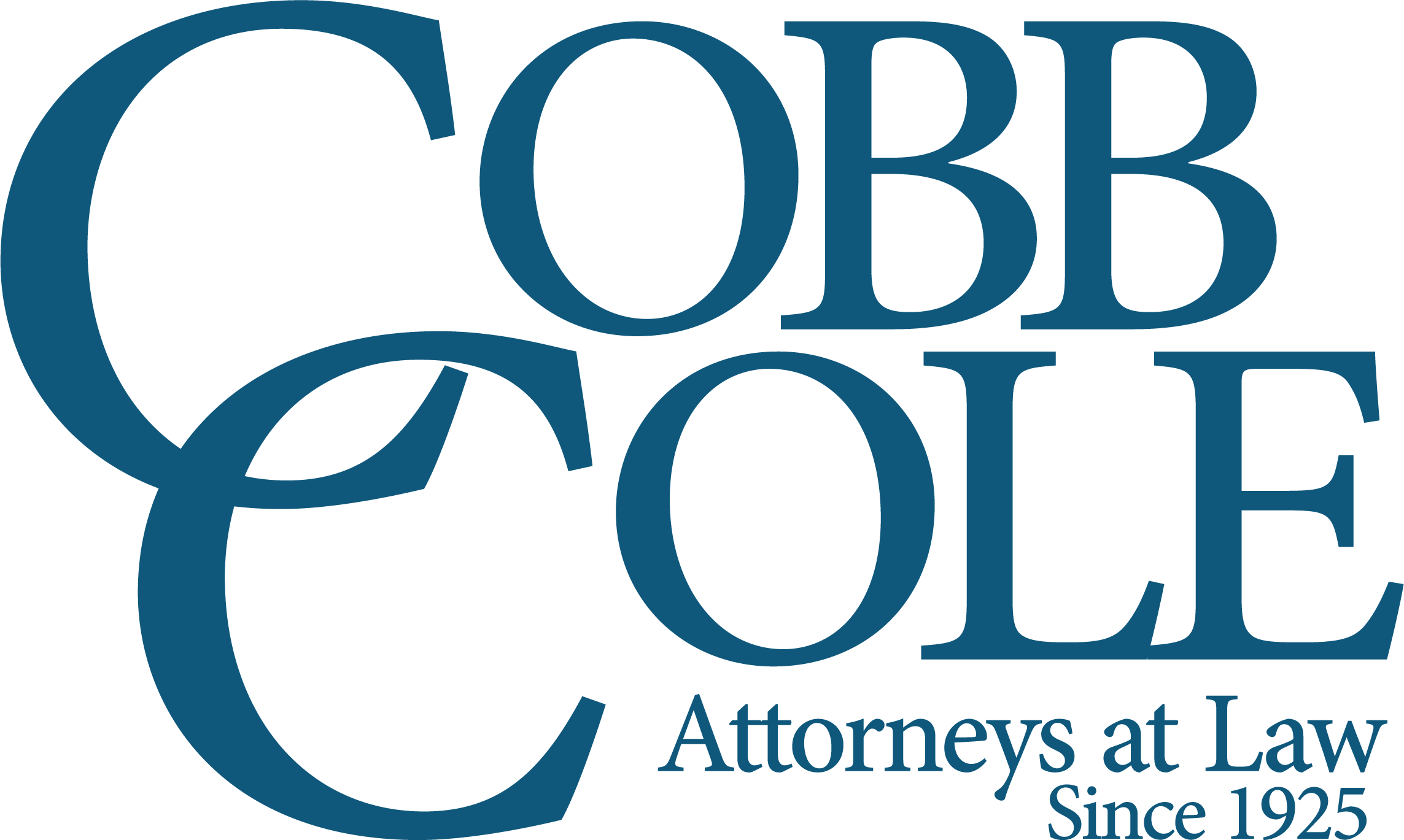A Deed’s a Deed, Right? Ways of Taking Title
In a Florida real estate transaction, the deed doesn’t just confirm ownership. It defines how that ownership is held—and that can have major implications for taxes, liability, control, and transfer. The appropriate form of title for a purchase will differ if you’re buying with a spouse, a business partner, or individually.
Cobb Cole’s Real Estate Team helps clients structure these decisions from the ground up. Whether you’re buying your first home or managing a portfolio of properties, qualified real estate attorneys like Raymond Schumann bring sound advice and legal insight to each step of the process, including title decisions that many buyers overlook.
Common Title Structures in Florida
Here’s a breakdown of the most common ways people take title in Florida:
- Sole Ownership: One person owns the property. Simple, but unless additional steps are taken, it generally means the property goes through probate if the owner dies.
- Tenants in Common: Two or more owners hold distinct shares (can be equal or unequal percentages). Each can sell, mortgage or transfer their interest independently. If one dies, their share passes to heirs—not automatically to the other owners.
- Joint Tenancy with Right of Survivorship: Equal shares, but with automatic inheritance between owners. Upon death, the property passes to the surviving owner(s) without probate.
- Tenancy by the Entireties: Exclusive to married couples in Florida. Offers survivorship rights plus strong protection against individual creditors. Often preferred for homestead property.
Each form of ownership has legal consequences. For example, tenancy by the entireties can shield a home from claims by one spouse’s creditor, while joint tenancy cannot. Similarly, tenants in common risk disputes if one owner wants to sell and the others don’t.
Why Title Decisions Deserve Legal Insight
Many buyers rely on title companies or real estate agents to walk them through a closing, but their advice often stops short of identifying the best way to hold the title. That’s where having a lawyer as your title agent makes a difference. With a qualified lawyer as your title agent, you get more than just document prep – at no additional cost you get legal guidance to ensure your title is aligned with your goals.
Cobb Cole frequently handles closings in-house with attorneys serving as title agents. Raymond Schumann has a long track record of working with clients to resolve title issues, explain title structures, and guide buyers through unique situations—like forming an LLC to hold investment property or using a trust to manage succession.
Title Searches, Title Insurance, and Legal Risk
The deed tells you who owns the property—but not whether someone else may have a claim. That’s the role of a title search. This investigation uncovers liens, easements, boundary disputes, and more.
But even a thorough title search can’t uncover every potential issue, which is why title insurance is common in Florida transactions. This coverage protects owners and lenders from losses due to undiscovered defects or errors in the public record.
Cobb Cole’s Real Estate Law practice coordinates both search and insurance in-house when acting as a title agent, streamlining the process while maintaining legal oversight at the same cost as most title companies.
Real-World Implications
Florida’s homestead laws, creditor protections, and probate rules often intersect with title structure:
- A married couple using tenancy by the entireties benefits from survivorship and creditor protection. But that might not be ideal in second marriages or when spouses are bringing unequal contributions to their marriage.
- Two siblings who inherit a home as tenants in common may face challenges if one wants to sell and the other doesn’t.
- Investors may prefer to take title through an LLC or trust, raising questions about tax structure, control, and liability.
In each case, a standard title company might complete the closing, but a law firm like Cobb Cole can help structure the arrangement up front to reduce risk later.
Why Work with a Law Firm?
Buyers often already work with CPAs, real estate agents, and insurance professionals. But only a lawyer can offer:
- Attorney-client privilege: Confidential advice on sensitive matters
- Legal judgment: On how title structure interacts with probate, taxation, homestead protections, and more
- Broader strategy: Especially when title issues intersect with business, estate planning, or litigation
Cobb Cole’s Real Estate Practice collaborates across practice areas, giving clients access to attorneys focused on construction, corporate, environmental, and estate planning issues as needed. When the title intersects with more than just real estate, having the right legal team already in place is a clear advantage.
When a title is done right, the property transfer is smooth, the ownership structure is clear, and future disputes are easier to avoid. When it’s not, resolving the problem later can mean court filings, tax exposure, extra expense, and family conflict. Working with a Florida-based legal team like Cobb Cole means you’re not just getting a deed—you’re getting structured, legal clarity. Contact us to schedule a consultation.

